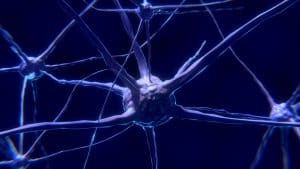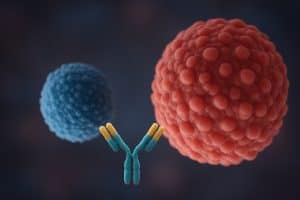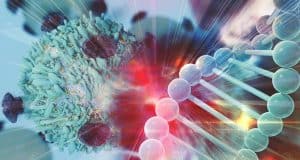$33m prizes for research
pharmafile | February 22, 2013 | News story | Research and Development | Breakthrough Prize in Life Sciences, Cancer, Facebook, google
Life science research has a new multi-million dollar prize from the founders of Facebook and Google.
The not-for-profit Breakthrough Prize in Life Sciences Foundation, whose stated aim is to celebrate scientists and generate excitement about the pursuit of science as a career, this week gave $33 million to 11 researchers in one go.
Mark Zuckerberg, founder of Facebook, and Sergey Brin, co-founder of Google, are among the billionaires putting up the cash.
The prizes, which are to be awarded annually, are to recognise excellence in research aimed at “curing intractable diseases and extending human life”.
The $3 million can be spent in any way each recipient – working in areas such as cancer, diabetes, Alzheimer’s and Parkinson’s disease, primarily in US universities – wishes.
They will be invited to carry out talks and interviews during the year with a view to getting a general audience interested in scientific discoveries.
The foundation is chaired by Arthur D. Levinson, chairman of Genentech and a board member at Roche, with Anne Wojcicki, co-founder of genetics company 23andMe and Yuri Milner, founder of Russian internet company Mail.ru Group, completing the directors.
Each year’s prize winners will join the selection committee to choose future recipients: anyone can nominate a candidate online, the prize can also be shared between any number of scientists and it can be won more than once.
“These scientists should be household names and heroes in society,” said Wojcicki.
Zuckerberg said the prize has “the potential to provide a platform for other models of philanthropy, so people everywhere have an opportunity at a better future”.
On hearing of the award, winner Lewis Cantley, whose research was on the metabolism of cancer, said: “I was glad I was sitting down because I might’ve fallen over.”
While media coverage has been generally positive, there have been dissenting voices: in a Guardian blog, Grrlscientist and Bob O’Hara from the Biodiversity and Climate Research Centre in Germany call the prize “flawed and seriously misguided”.
The research highlighted ignores work on diseases of the developing world, they say.
It is also too parochial, with all of the recipients working in biomedical research, they write, and by singling out individuals it distorts the fact that most scientific breakthroughs come as the result of collaboration.
Perhaps mindful of this, winner Bert Vogelstein said he shared the honour “with my fellow investigators who have worked with me so tirelessly over the last three decades to pinpoint molecular genetic causes of cancer”.
The prize winners are:
- Cornelia I. Bargmann, Rockefeller University (whose research area is the genetics of neural circuits and behaviour, and synaptic guidepost molecules)
- David Botstein, Princeton University (linkage mapping of Mendelian disease in humans using DNA polymorphisms)
- Lewis C. Cantley, Weill Cornell Medical College (discovery of PI 3-Kinase and its role in cancer metabolism)
- Hans Clevers, Hubrecht Institute (describing the role of Wnt signaling in tissue stem cells and cancer)
- Titia de Lange, Rockefeller University (work on how telomeres protect chromosome ends and their role in genome instability in cancer)
- Napoleone Ferrara, University of California (discoveries in the mechanisms of angiogenesis that led to therapies for cancer and eye diseases)
- Eric S. Lander, MIT and Harvard Medical School (discovery of general principles for identifying human disease genes, and enabling their application to medicine through the creation and analysis of genetic, physical and sequence maps of the human genome)
- Charles L. Sawyers, Memorial Sloan-Kettering Cancer Center (cancer genes and targeted therapy)
- Bert Vogelstein, Johns Hopkins Sidney Kimmel Comprehensive Cancer Center (cancer genomics and tumor suppressor genes)
- Robert A. Weinberg, MIT (characterisation of human cancer genes)
- Shinya Yamanaka, Kyoto University (induced pluripotent stem cells)
Adam Hill
Related Content

Central nervous system cancer metastases – the evolution of diagnostics and treatment
The current forms of immunotherapy, how T cell therapy works and what the future holds

BioMed X and Servier launch Europe’s first XSeed Labs to advance AI-powered antibody design
BioMed X and Servier have announced the launch of Europe’s first XSeed Labs research project, …

T-cell therapy – the evolution of cancer treatments
The current forms of immunotherapy, how T cell therapy works and what the future holds






